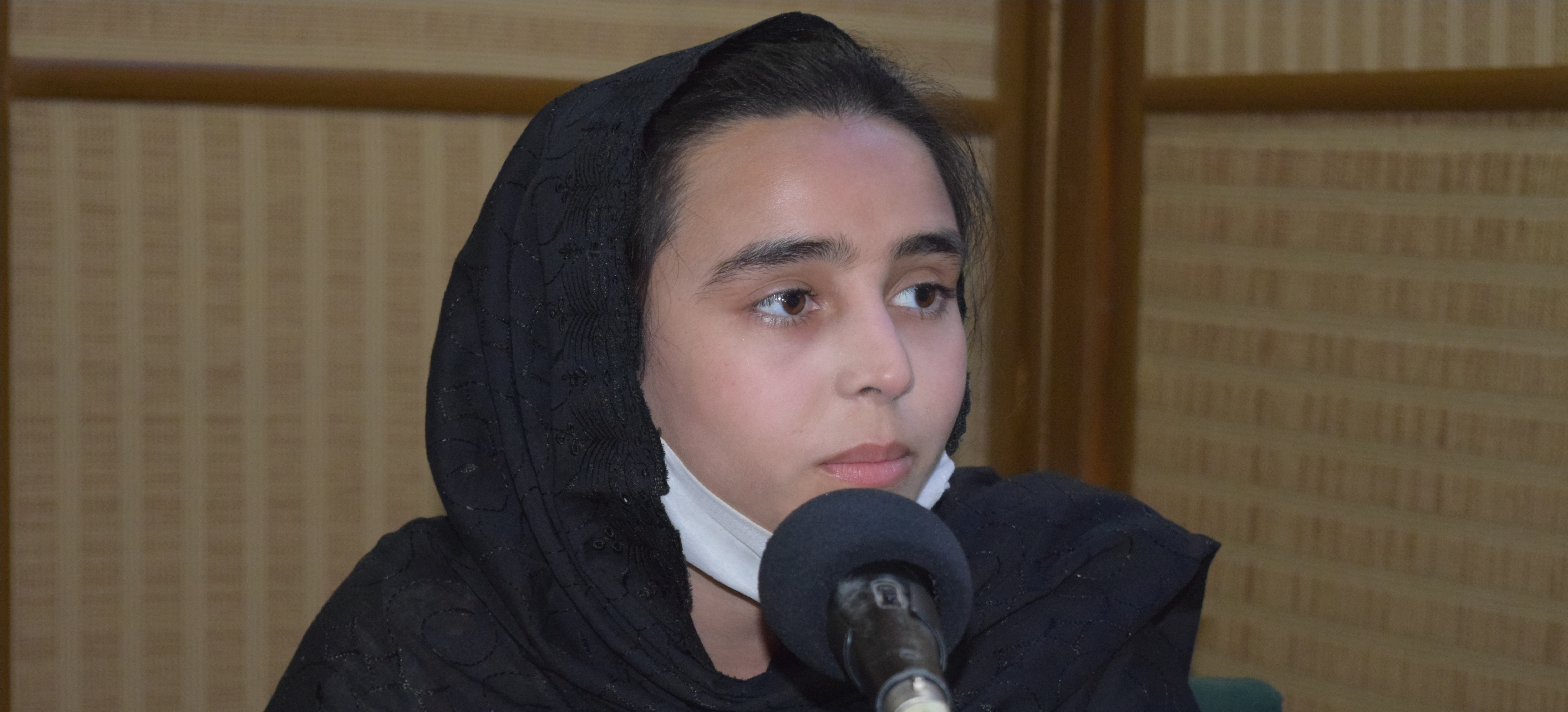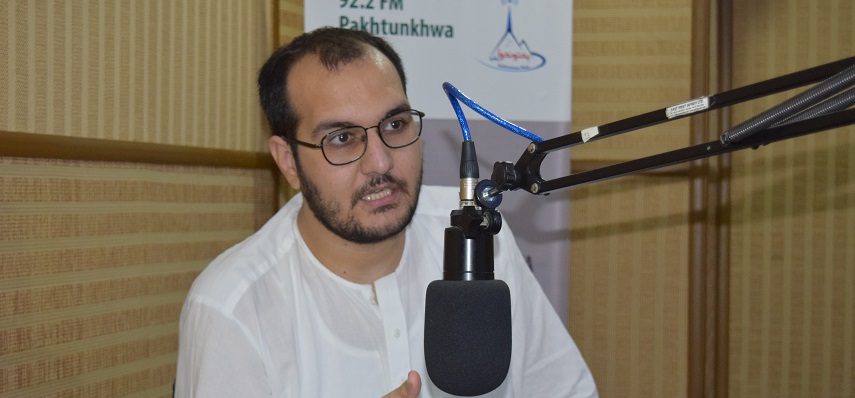The 114th radio program as part of the Center for Research and Security Studies’ (CRSS) counter-radicalization initiative Ulasi Taroon (Social Cohesion) discussed the importance of educational governance for youth development.
Educational governance refers to the provision, regulation and implementation of education systems at different levels; local, regional, national and supranational. It is key to the progress and efficiency of the system of education.
The first guest on show, Mr. Saeed Khan, Lecturer of Political Science, FATA University, noted that Article 25A of the constitution of Pakistan binds the state to provide free and compulsory education to all children between the ages of five to sixteen years. This constitutional provision serves as a foundation to the system of educational governance and key to the regulation and the implementation of an inclusive system of education. Besides ensuring the practical implementation, the good educational governance must also be characterized by accountability, transparency and responsiveness.
There is a significant evidence in the contemporary scholarship about how the level of education in the society can serve as the most critical resource for economic growth and democratic development. The educational policies should be considerate of the social cohesion needs of the country as an attempt to create a critical mass of future leaders as catalysts for peace and development.
The second guest on show, Ms. Farishta Noor, Ulasi Taroon Alumna and a student of Journalism and Mass Communication, University of Peshawar, said that Ulasi Taroon was a great opportunity to network with students from diverse backgrounds, and engage a range of different issues key to social cohesion through dialogue; one of the most essential skill that a democracy needs. There is a dire need to promote basic and higher education in the tribal areas, as a panacea to conflict, and to develop their inherent potential for growth and development. Bad educational governance takes a devastative toll on and is extremely detrimental to youth development of the country.
The third guest on phone, Mr. Tahir Shah, Vice Chancellor, FATA University opined that as part of the good educational governance, in the best interest of the students, the process of appointments of heads of the institutions should be transparent.
About Ulasi Taroon
Ulasi Taroon is a counter radicalization initiative of Center for Research and Security Studies that aims to address the radicalization challenges, extremist ideologies and foster social cohesion through a discourse anchored in the core constitutional values which are fundamentally essential prerequisites for social peace and harmony. The endeavor aims to cultivate and sensitize the people of KP in the core values in the Pakistani constitution and our social contract. It’s an attempt to highlight the criticality of abiding by these ideals – such as adherence to rule of law, primacy and sanctity of constitution, equal citizenry, responsible citizenship, respect for fundamental human rights, tolerance for diversity and different opinions, inclusive democracy and good governance – as a measure of strengthening social cohesion and promoting peaceful co-existence.



